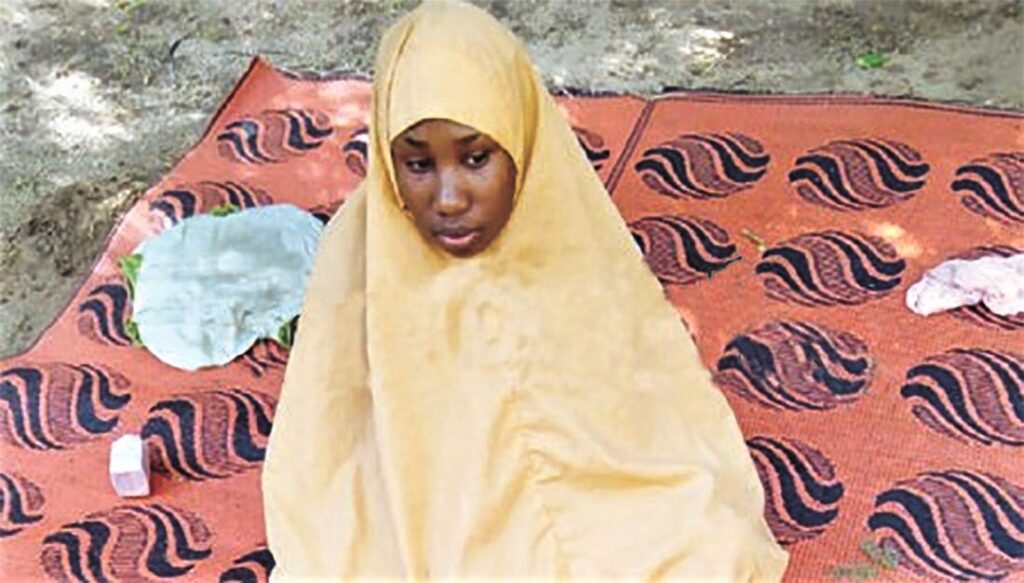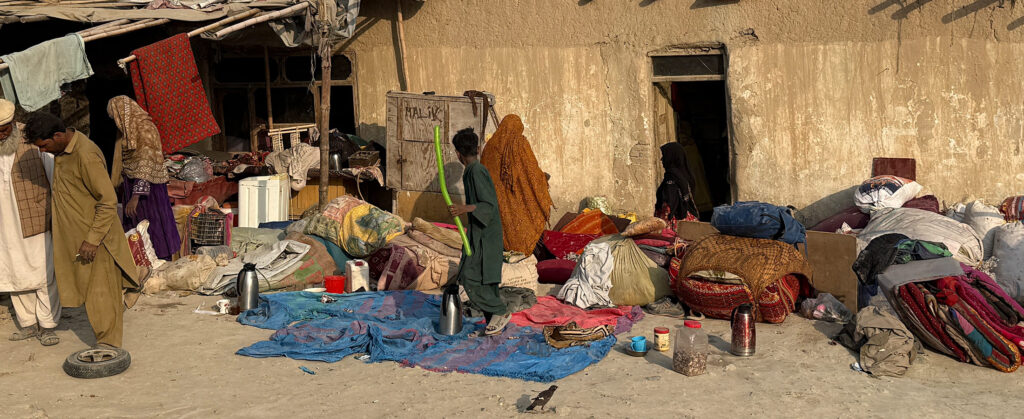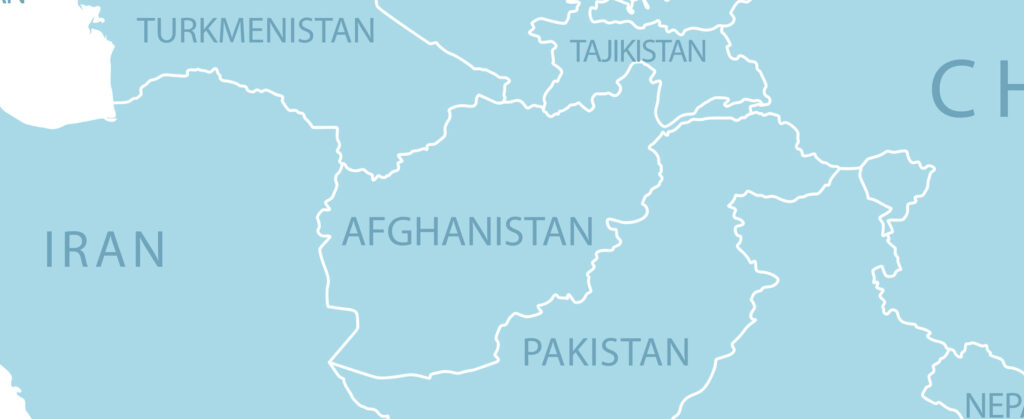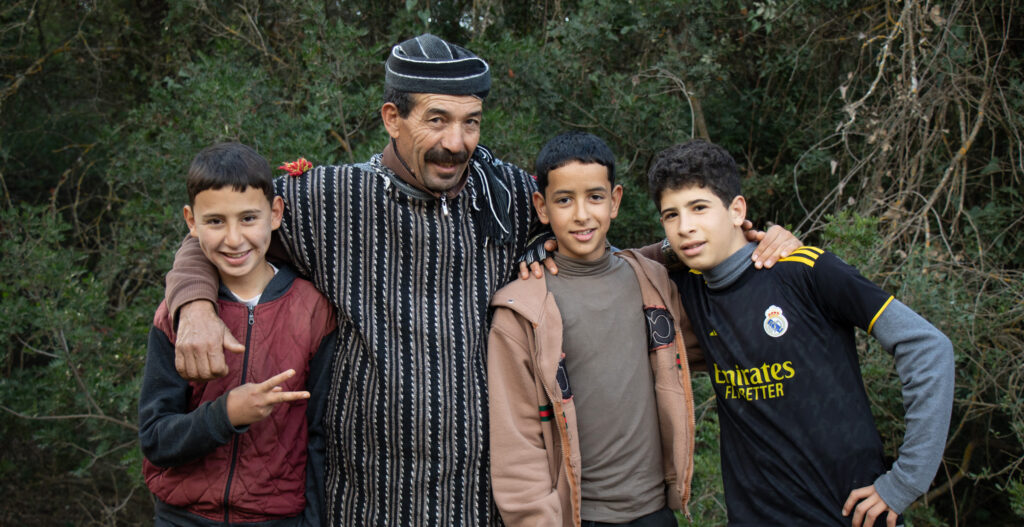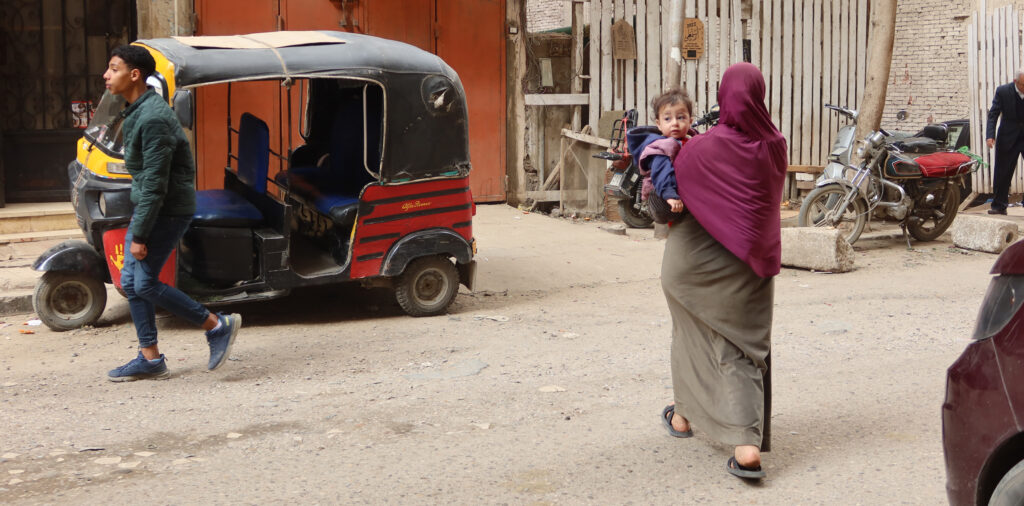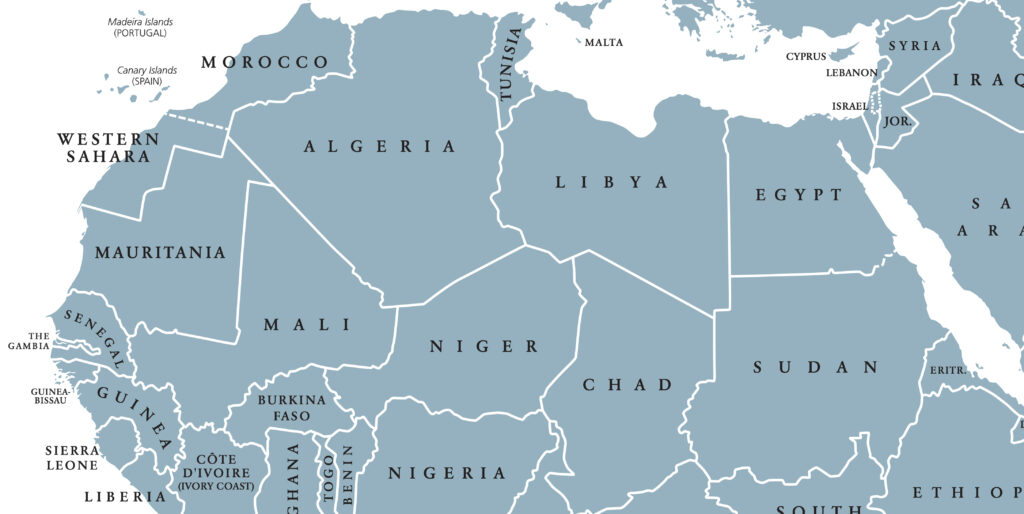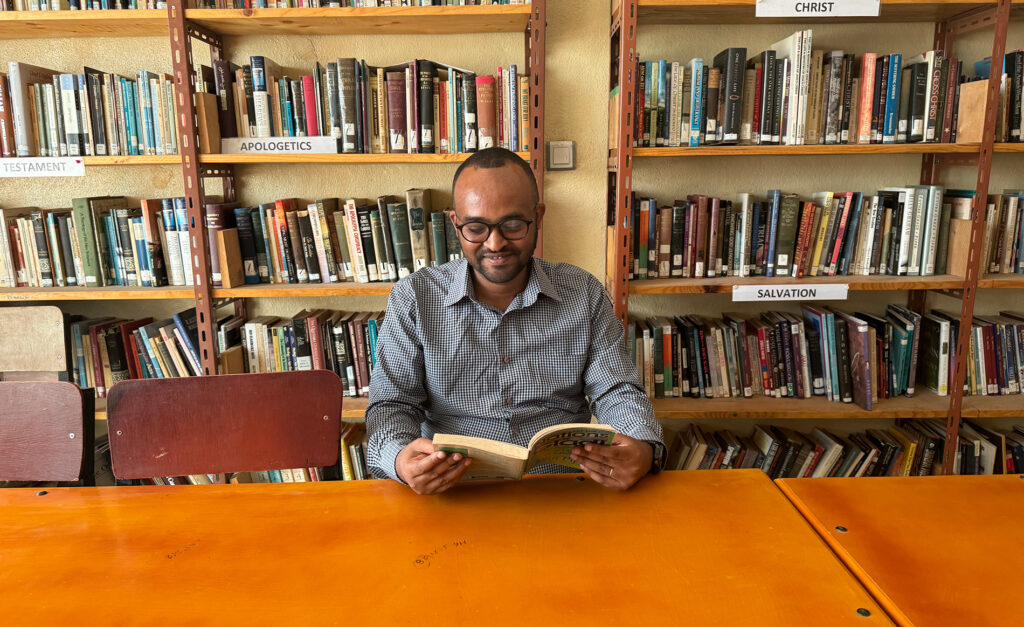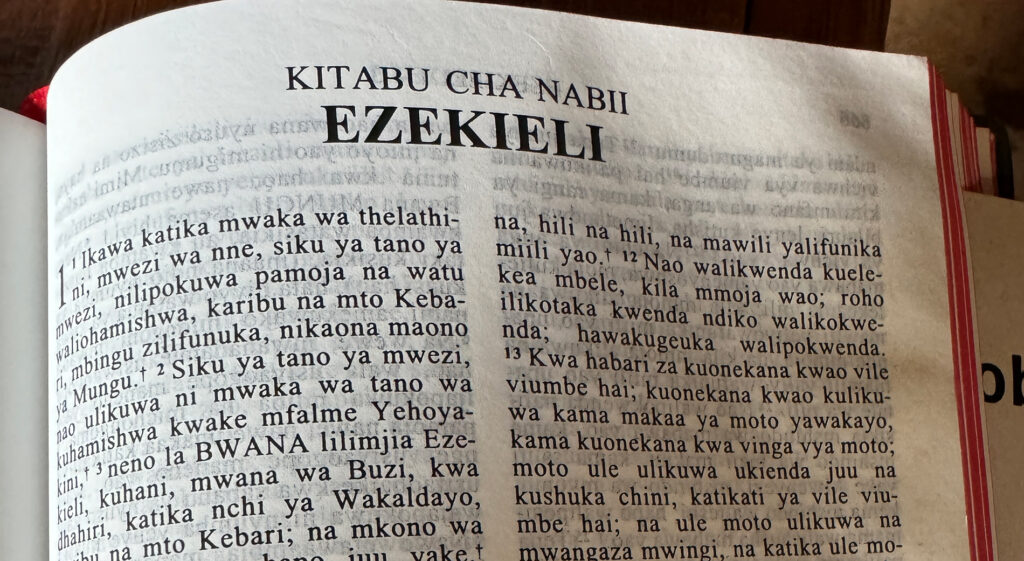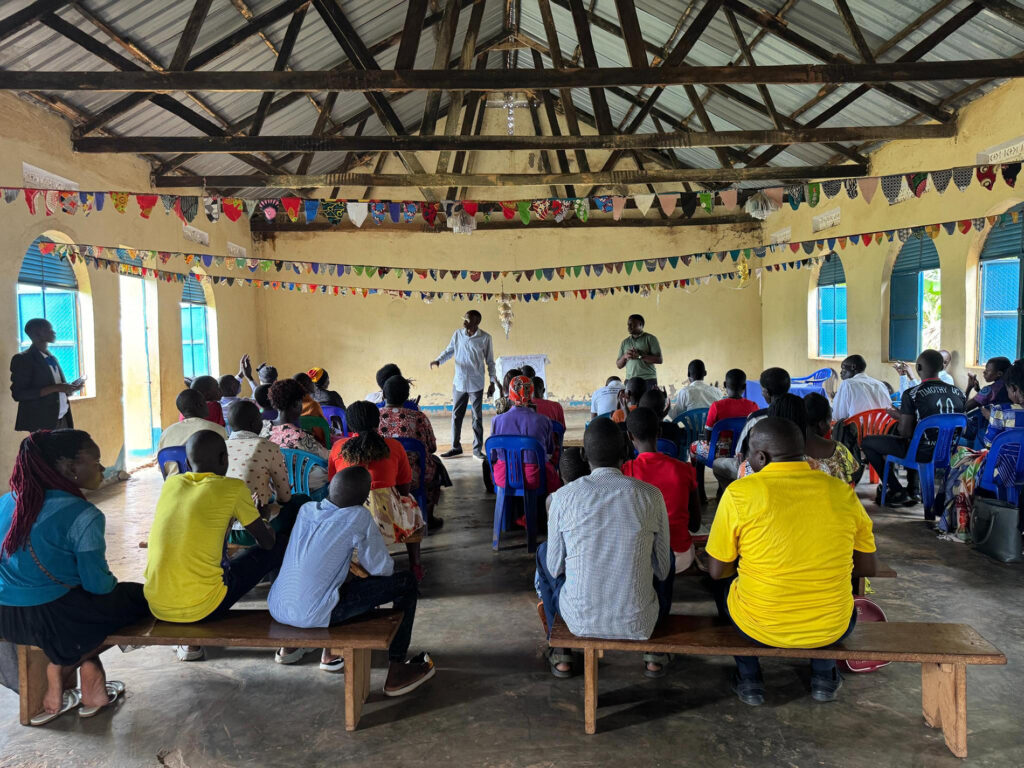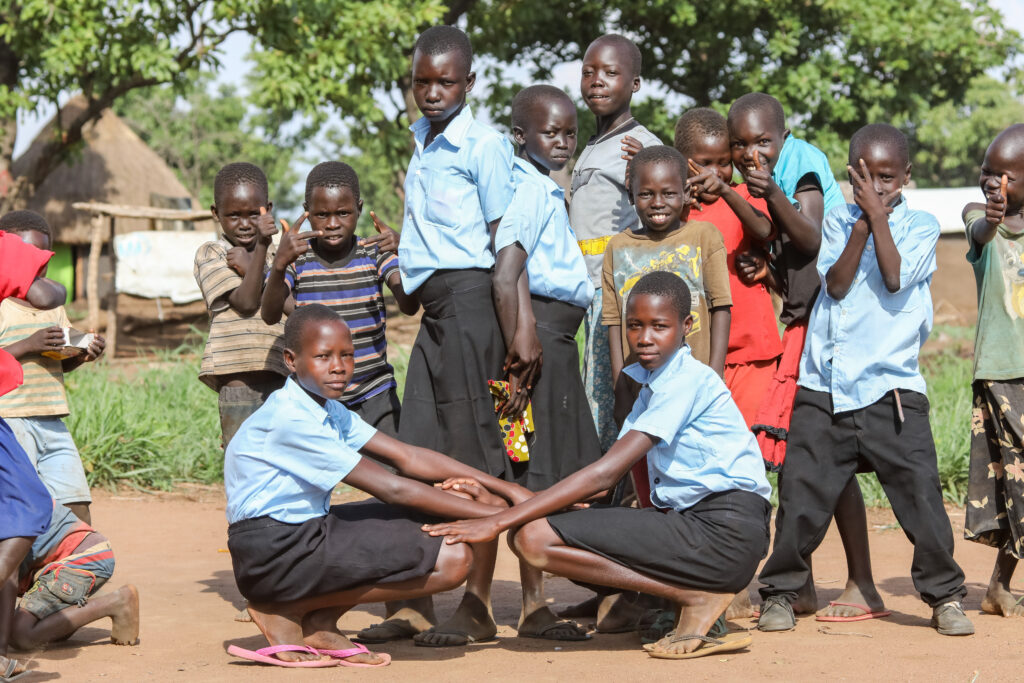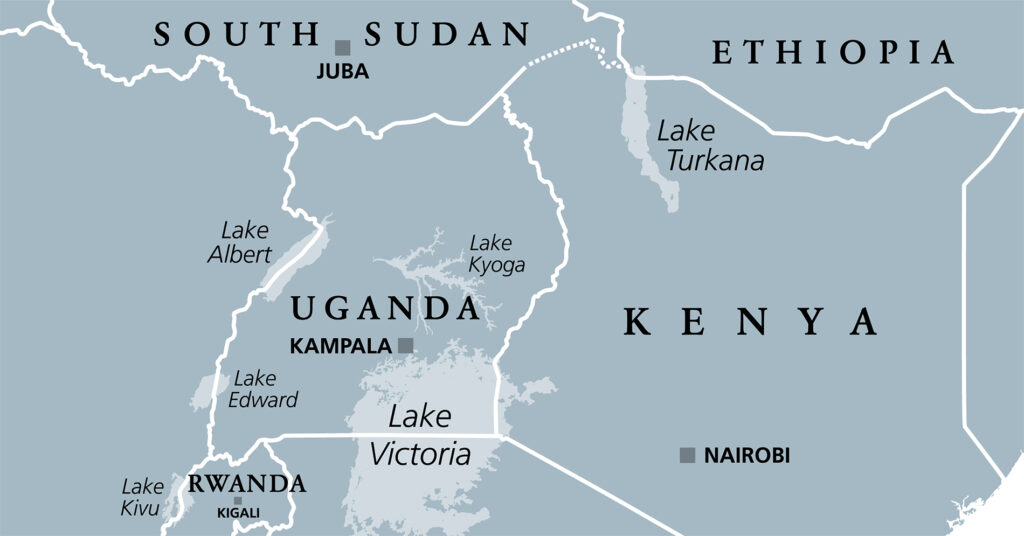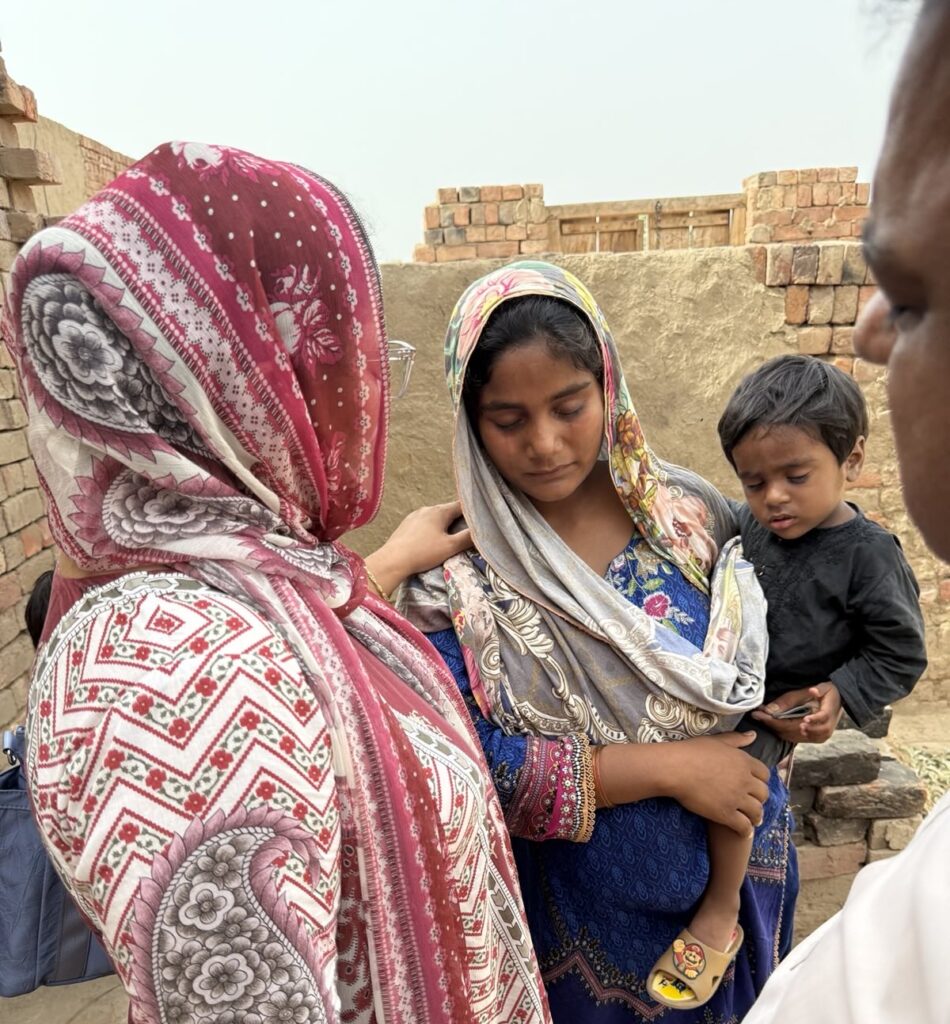on Jan. 9 by ISWAP while returning to school from the Christmas and New Year’s break from her native Plateau state.
ISWAP in 2016 broke off from Boko Haram, which attacked two predominantly Christian communities in Borno state earlier this month. The Boko Haram insurgents, who seek to impose sharia (Islamic law) throughout Nigeria, attacked Pulka and Gwoza towns soon after Christians had finished Sunday evening services on Nov. 8, residents said.
“The attacks on Pulka and Gwoza towns started at about 9 p.m. and lasted till around 11p.m.,” area resident Vanessa Muda told Morning Star News by text message. “The Boko Haram terrorists invaded our towns shooting indiscriminately on our people.”
Another area resident, Polycarp John, said the Boko Haram militants were heavily armed.
“They were repelled when personnel of the Nigerian army who were stationed here fought them and forced them to retreat from Gwoza and Pulka towns,” he told Morning Star News by text message. “Our towns have been under constant attacks from Boko Haram since 2014, and at a time, Gwoza town was made the headquarters of the Boko Haram caliphate until the Nigeria army retook the town from them in 2018.”
The attacks came on the heels of an appeal by leaders of the Church of the Brethren in Nigeria (EYN), for prayer for Christians in southern Borno state facing terror from both Boko Haram and ISWAP militants.
“It is harvest time, which is challenging in normal years, but in these past years includes the threat of Boko Haram destroying the crop or attacking people as they harvest,” the leaders wrote in a Nov. 6 email. “Pray for many vulnerable villages in southern Borno state and other areas far from military bases.”
Six Nigerians Convicted
Lela Gilbert, senior fellow for international religious freedom for the Family Research Council, stated in a recent report that in spite of frequent appeals from Nigerian church leaders across the denominational spectrum and international human rights advocates, violence is escalating.
“Many informed observers describe Nigeria’s political leadership as both incompetent and corrupt,” Gilbert noted. “But that’s only part of the problem. Not only are they almost entirely Muslim in their religious affiliation (while the country’s population is roughly half Christian), as previously noted, several governmental leaders – beginning with President Muhammadu Buhari – belong to the Fulani tribe, as do numerous military and police officials. This is seen as one of the major roadblocks to reform, particularly with regard to the Fulani jihadi massacres.”
In the United Arab Emirates, authorities were able to convict six Nigerians resident in the UAE for financing Boko Haram activities in Nigeria, according to press reports.
Surajo Abubakar Muhammad and Saleh Yusuf Adamu were sentenced to life imprisonment, while Ibrahim Ali Alhassan, Abdurahman Ado Musa, Bashir Ali Yusuf and Muhammad Ibrahim Isa each received 10-year prison sentences, according to Nigerian newspaper the Daily Trust.
An Abu Dhabi Federal Court of Appeal convicted the six Islamists of providing Boko Haram with $782,000.
On Jan. 30 Christian Solidarity International (CSI) issued a genocide warning for Nigeria, calling on the Permanent Member of the United Nations Security Council to take action. CSI issued the call in response to “a rising tide of violence directed against Nigerian Christians and others classified as ‘infidels’ by Islamist militants in the country’s north and middle belt regions.’”
Nigeria ranked 12th on Open Doors’ 2020 World Watch List of countries where Christians suffer the most persecution but second in the number of Christians killed for their faith, behind Pakistan.
